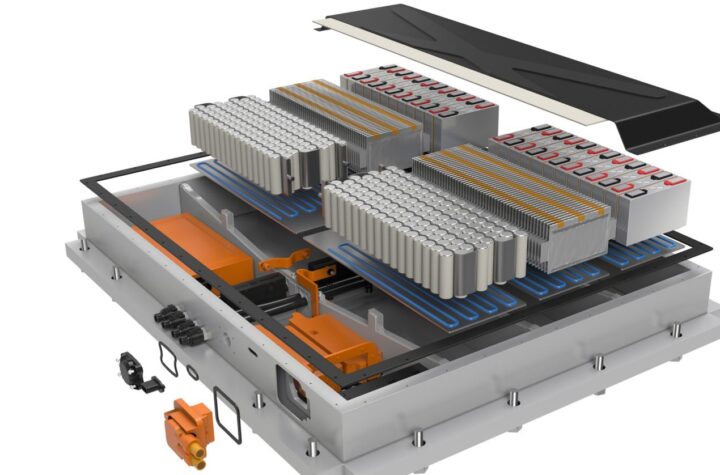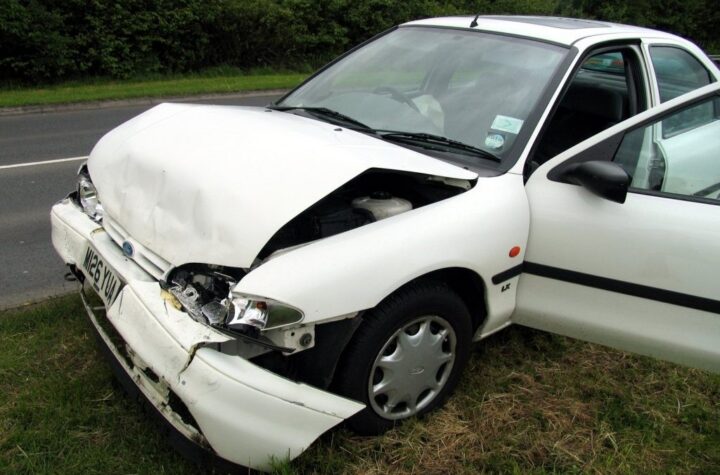
To make electric car charging cleaner and less expensive, industry pioneer ZAP (OTC BB: ZAAP) has licensed the Smart Charger Controller technology developed at Pacific Northwest National Laboratory. The technology allows customers to minimize the cost of charging electric vehicles by automatically recharging a vehicle’s battery at times of least demand on the grid and subsequently, least cost to the consumer.
Battelle, an international science and technology organization that manages and operates PNNL for the U.S. Department of Energy, also has granted ZAP the right to sublicense the technology to ZAP Hangzhou. ZAP plans to distribute the new technology as part of its electric vehicle business plan, including through its strategic investor and distribution partner Samyang Optics (008080.KS) of Korea.
How it Works: ZAP Licenses Electric Car Smart Charger Control Technology from Battelle
“We believe this will put us at the cutting edge of charging station technology,” said Samyang Optics CEO, Christopher Kang. “I feel that this technology is one of the most critical pieces to make electric cars viable on a large scale.”
“ZAP believes the patented smart electric car charging technology is an important feature to ensure the environmental viability of electric cars,” said ZAP Founder and Director of Business Development, Gary Starr.
PNNL publicly announced the Smart Charger Controller technology last year after completing an earlier assessment that showed America’s existing power grid could meet the needs of about 158 million vehicles, or 70 percent of all U.S. light-duty vehicles, if battery charging was managed to avoid new peaks in electricity demand.
“If a million owners plug in their electric vehicles to recharge after work, it could cause a major strain on the grid,” said PNNL engineer Michael Kintner-Meyer. “The Smart Charger Controller technology could prevent those peaks in demand from plug-in vehicles and enable our existing grid to be used more evenly.”
Owners program the controller to charge at a specific time of day or night or at a set price point. The controller uses a low-range wireless technology to communicate with the power grid and determine the best and cheapest time to recharge vehicles. By charging vehicles during off-peak times, the controller saves consumers money and helps maximize the capacity of the electrical grid during periods of peak demand.
Previous PNNL studies with household appliances show that “smart” technologies also save the grid from brown-outs with little impact to the consumer. Grid Friendly™ technology inside the Smart Charger Controller senses stress conditions on the grid. When the grid says more power is needed, the controller can temporarily stop charging the vehicle until the stress subsides.
This instant reduction in charging load, multiplied on a large scale with many vehicles, could serve as a shock absorber for the grid and help to incorporate renewable energy like wind and solar. The technology could relieve load instantly and give grid operators time to bring new power generation sources on line to stabilize the grid – a process that usually takes several minutes.
ZAP intends to use the technology for its electric cars and charge stations in the USA, Korea and through its JV in China, ZAP Hangzhou later in 2010.
About Pacific Northwest National Laboratory (PNNL)
Pacific Northwest National Laboratory is a Department of Energy Office of Science national laboratory where interdisciplinary teams advance science and technology and deliver solutions to America’s most intractable problems in energy, national security and the environment. PNNL employs 4,700 staff, has an annual budget of nearly $1.1 billion, and has been managed by Ohio-based Battelle since the lab’s inception in 1965. Follow PNNL on Facebook, LinkedIn and Twitter.
About ZAP Hangzhou
ZAP Hangzhou is a joint venture with Holley Group, the world’s largest volume producer of electric power meters. With backing from venture capital firm Better Worlds International and Cathaya Funds, the goal of the company is to develop electric vehicle and infrastructure technology. With close relationships to public utilities in China, ZAP believes Holley’s leadership will accelerate the adoption of controlled electric car charge technology.
About Holley Group
Holley Group is the parent of Holley Metering Limited, a global leader in electric metering with diversified businesses spanning pharmaceuticals, real estate, telecommunications and IT. Holley employs more than 12,000 people and over 800 R&D personnel worldwide. Headquartered in Hangzhou, Holley operates manufacturing in China, Thailand, Argentina and Uzbekistan. Holley products are sold through offices in major cities throughout China, India as well as South East Asia, and the European markets. For more information, visit http://www.holleymeter.com/en.
About ZAP
ZAP is one of the world’s oldest consumer electric vehicle providers, having delivered over 117,000 of a broad range of electric vehicles to more than 75 countries since 1994. ZAP supplies electric trucks and vans to military and government fleets and is an innovator of electric motorcycles, scooters and ATVs. ZAP supplies some of the only electric city-speed cars and trucks in production today and is leveraging its accrued technology know-how in developing a cost effective high-speed electric car called the ZAP Alias. For further information visit http://www.zapworld.com.
About Better World International, Ltd.
Better World International, Ltd., funded by Cathaya Funds Company, is a BVI company with headquarters in Hong Kong focused on infrastructure technology and services for electric vehicles. It is focused on joint partnerships with the power grid companies in China to build out the recharge station networks for the electric power infrastructure for electric vehicles, and on opportunities with companies that provide the core technologies to enhance electric power train conversion and support of fast charging stations.












More Stories
DuPont materials science advances next generation of EV batteries at The Battery Show
Cybord warns of dangers of the stability illusion
How Modern Power Management Enhances Connected Fleet Tech